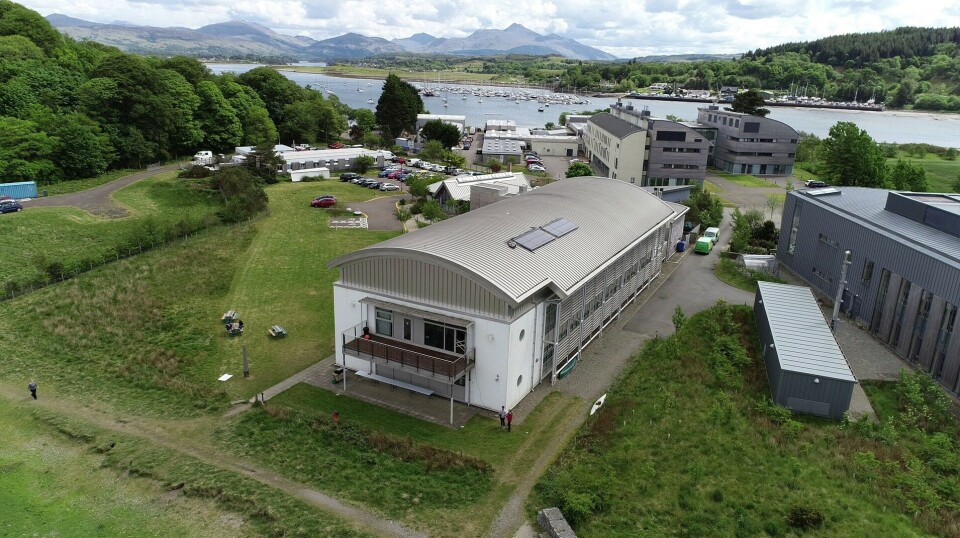
The A to Z of aquaculture, in just three weeks
EU-supported course covers everything from seaweed, finfish, and shellfish farming to rural social science, algae biology, and molecular analysis
The Seaweed Academy at the Scottish Association for Marine Science (SAMS) at Dunstaffnage, Oban, is to lead an intensive course in restorative aquaculture in the autumn.
SAMS will also host the in-person segment of the course, which combines online and in-person learning and will be delivered over three weeks in September and October, with four-day breaks in between each week.
The course is provided by Belgium-based EIT Food, which is co-funded by the Europe Union, and aimed at masters students, PhD students, posts-docs, young professionals or aspiring entrepreneurs interested in aquaculture, although no formal qualifications are needed.
It is part of EIT’s Inspire programme designed to empower participants with the skills and mindset needed to excel in the realm of innovation and entrepreneurship within food systems.
Many subjects
The Inspire Restorative Aquaculture Course will provide training and theory in seaweed farming, rural social science, finfish, shellfish, algae biology, culturing, growth, molecular and metabolite analysis.
It also has entrepreneurial content and support to develop innovative solutions and business propositions for the aquaculture sector, and a final pitch event with cash prizes up to €4,000.
The course aims to provide an overview of aquaculture production in Europe, showcase the worldwide opportunities, outline the current barriers and facilitators to production; and encourage talented recruits and aspiring entrepreneurs into the sector and to create innovative solutions to address the challenges to production.
“We are interested in individuals from multidisciplinary backgrounds to work in teams to come up with innovative ideas e.g. marine biology, aquaculture, food sciences, engineering, business / marketing, informatics and computational science, among others,” says EIT on its website.
Multi-trophic aquaculture
Week 1 (online) starts on Monday, September 23, and comprises an introduction to the course online, with course content delivered from SAMS (algae and biotech) and its course delivery partner, the Polish Academy of Science (fisheries, integrated multi-trophic aquaculture (IMTA)) and with large input from the Inspire entrepreneurship team.
Week 2 (in-person SAMS all week, online) starts on September 30 comprises in-person training on seaweed, microalgae, shellfish, analytical biochemistry, rural society, IMTA, seagrass, and the blue economy, along with site visits.
Week 3 (online) begins on October 9 and covers finalising business plans, communications and business pitching, an Aquaculture Make-a-thon (online), a live aquaculture pitch event with prizes, an assessment, and input from all partners online.
The course is limited to 25 participants. The full cost of the course is €1,089 (approx. £920) but there are a limited number of subsidised places on the course.
Find out more about the course here.






















































